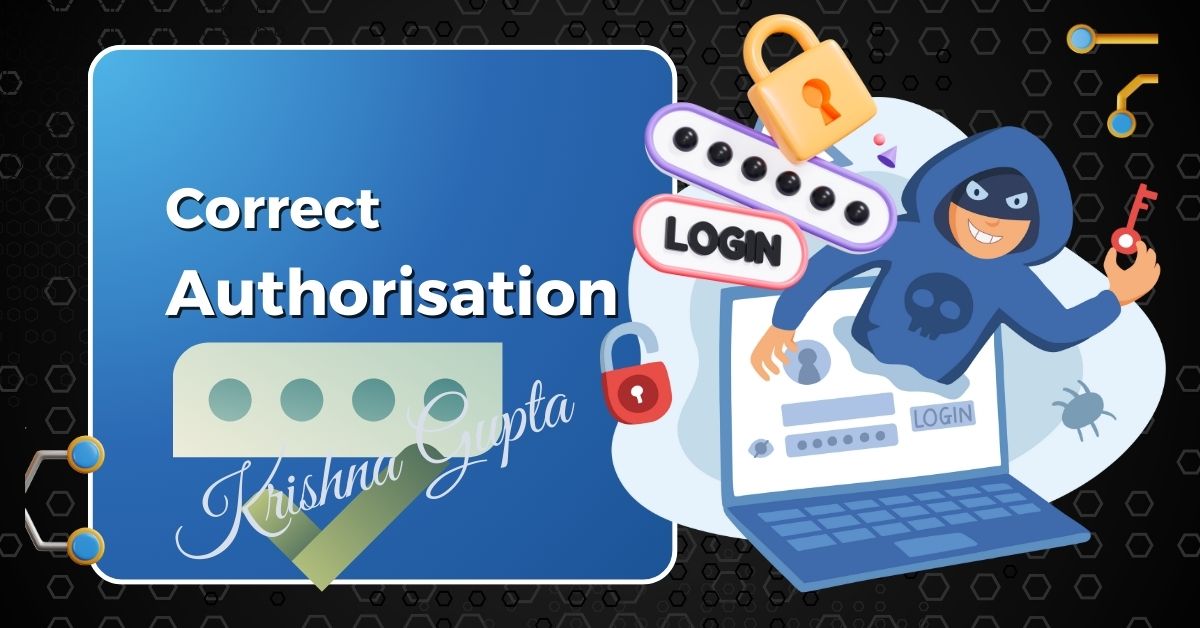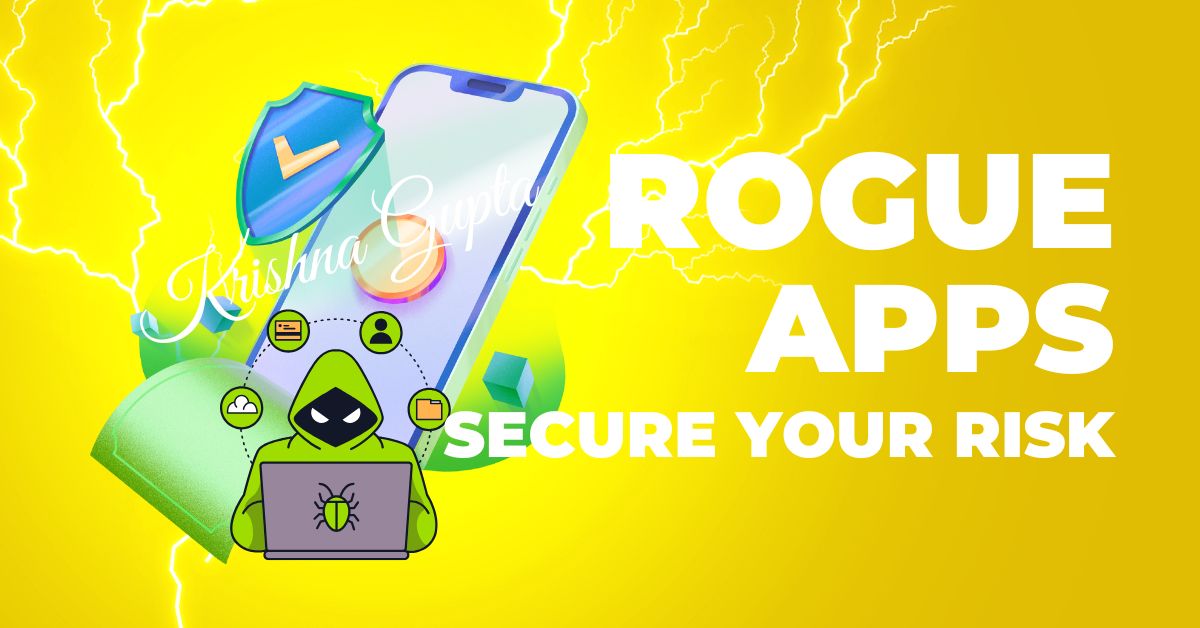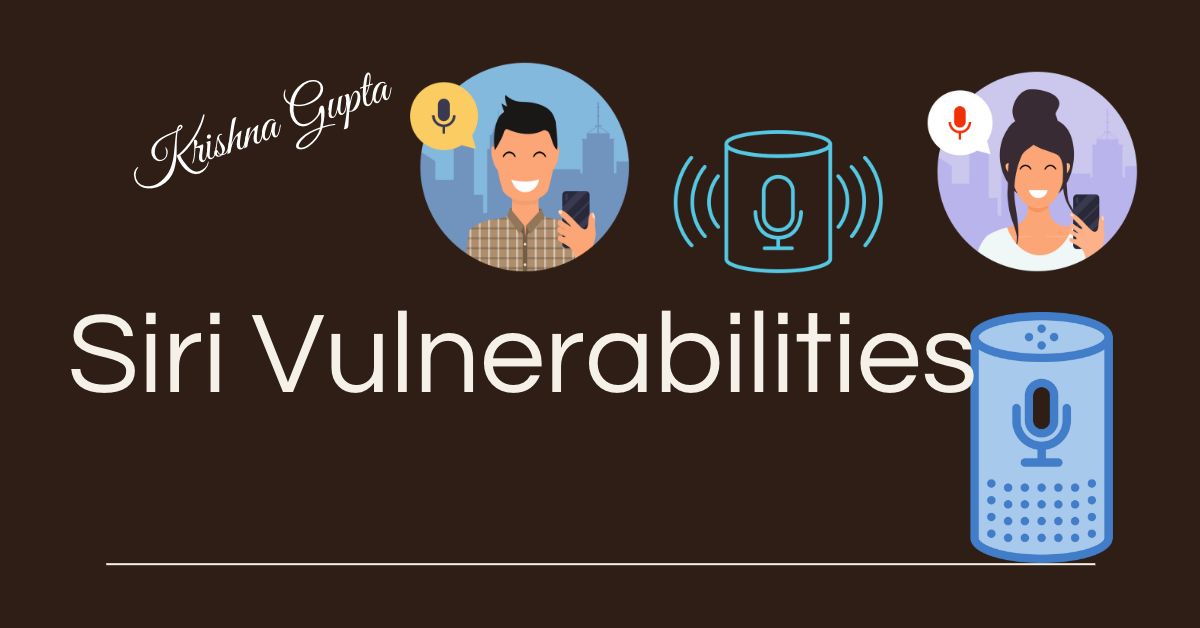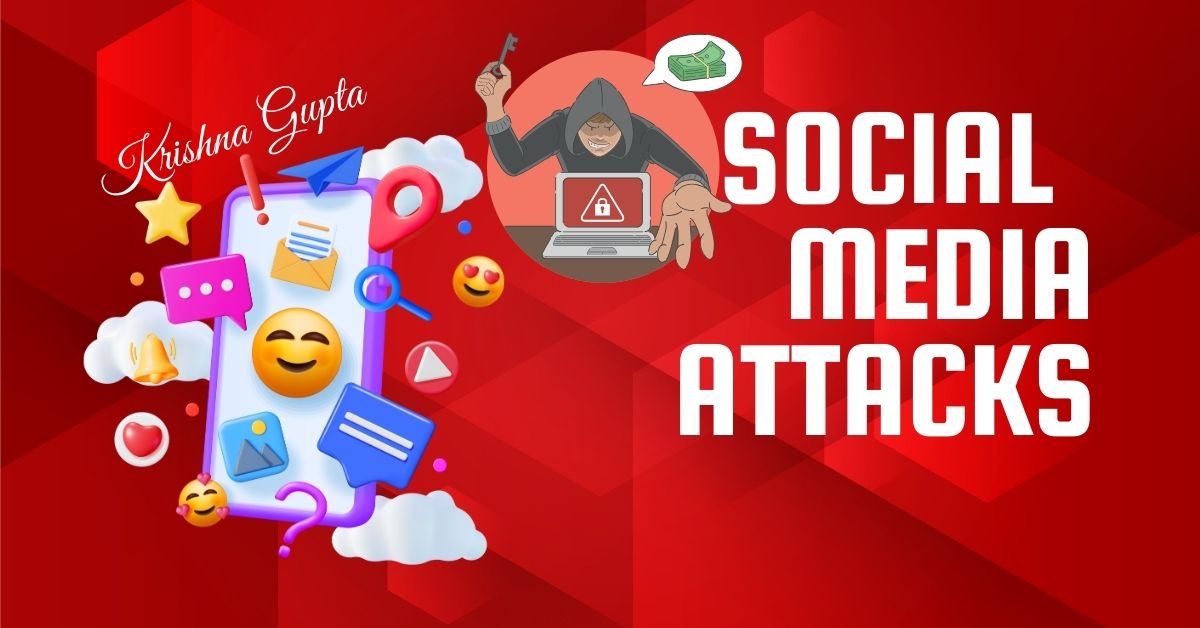Ensuring Trust Through Correct Authorisation: A Comprehensive Examination of CWE-863
CWE-863: Incorrect Authorisation occurs when an application fails to enforce correct authorisation measures, allowing unauthorised users or processes to access resources, perform operations, or retrieve data that should be off-limits. It is sometimes conflated with authentication flaws, but the essence of CWE-863 lies in improper or missing checks that would otherwise confirm if a user has the necessary permissions to perform a specific action.
From a technical standpoint, one might imagine an application employing robust identity verification (authentication) only to overlook critical checks about what a user is allowed to do once logged in (authorisation). This oversight can be the gateway to data leaks, privilege escalation, or even sabotage of core business processes.




